After 10 years of implementing the Capital Law, Hanoi has achieved remarkable achievements in many fields, including culture.
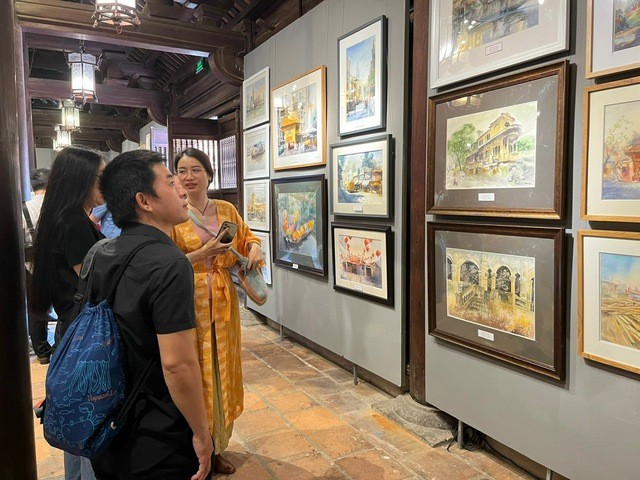 |
| As the capital of the country, the development of cultural industries in Hanoi is inseparable. |
The draft Law on the Capital (amended) is related to the issue of the cultural sector, aiming for sustainable development. At the same time, it ensures that traditional cultural values are preserved and new cultural values are added, suitable for each stage of the development of the Capital.
After 10 years of implementing the Capital Law, Hanoi has achieved remarkable achievements in many fields; however, there are still shortcomings and limitations that prevent the Capital Law from being a stepping stone to fundamentally change the appearance of the Capital as well as promote the rapid and sustainable development of the Capital.
Public-private partnership in protecting and promoting cultural heritage values
Associate Professor, Dr. Pham Thi Thu Huong, Principal of Hanoi University of Culture, commented that the promulgation of the Law on the Capital (amended) to institutionalize the viewpoints, orientations and goals set forth by the Politburo , in line with reality and capable of creating a breakthrough mechanism to mobilize and effectively exploit the potential and strengths of the Capital is very necessary.
The President of Hanoi University of Culture hopes that the revised Law on the Capital this time will have regulations on mechanisms and policies that are specific and "ahead" of culture, so that the goal of "harmoniously and smoothly combining the preservation of cultural identity with economic development, between economic development and cultural development, in which culture and people are both the goal and the foundation, resources and driving force for the development of the Capital" can become a reality.
Giving comments on the draft Law on the Capital (amended) related to Article 24 on "Protection and development of culture and sports", Associate Professor, Dr. Pham Thi Thu Huong commented that the viewpoint of the Law Drafting Committee is to aim for the sustainable development of the capital's culture, that is, to ensure that traditional cultural values are preserved and supplemented with new cultural values, suitable for each stage of the capital's development, so that the capital's culture and the culture of Hanoians are increasingly rich and representative of Vietnamese culture. This is a suitable and correct viewpoint.
Therefore, Associate Professor, Dr. Pham Thi Thu Huong believes that if we use the word "protection", it will not fully express this meaning, but using the word "preservation" will include promoting the values of traditional culture and creating new cultural values on the basis of existing values, that is, not only preserving but also using them effectively.
Giving comments on the draft on public-private partnership in the cultural sector, Associate Professor, Dr. Pham Thi Thu Huong stated that the National Assembly has passed Resolution No. 98/2023/QH15 dated June 24, 2023 on piloting a number of specific mechanisms and policies for the development of Ho Chi Minh City, which allows the city to apply investment under the public-private partnership method for investment projects in the fields of sports and culture.
Associate Professor, Dr. Pham Thi Thu Huong believes that for Hanoi, this form should be officially implemented and regulated in the Law, such as the draft Law on the Capital (amended) that is being built.
Because if only using the state budget, investment projects in this field will take a long time and it is difficult to have many large projects. Even though the project has been completed, management, operation and maintenance still require a large amount of resources, both human and financial.
If there is the participation of private investors and society in projects and public works in the fields of culture and sports, the investment will be faster, more thorough and more projects can be implemented due to additional funding sources, and operation and maintenance will also achieve better results.
In the cultural field, public-private partnership in protecting and promoting the value of tangible cultural heritage is the most difficult and complicated because it must ensure the originality, integrity, and safety of the heritage itself and the surrounding landscape space while there must be effective forms of promoting the value of heritage to attract private investment. However, in reality, the public-private partnership model has been applied, implemented, and brought about effectiveness in many countries around the world.
In Vietnam, a number of heritages have implemented this cooperation and the benefits brought to all parties are undeniable, such as Yen Tu relic and scenic area, Hue ancient capital relic complex, Trang An scenic complex, Phong Nha - Ke Bang area...
Taking cultural activities and preserving traditional industries as key foundations
Contributing opinions on the necessity and specific mechanisms for the development of cultural industries in the draft Law on the Capital (amended), Master Tran Dung Hai, Hanoi University of Culture, further emphasized that, with the role of the capital of the whole country and the development of cultural industries being inseparable, there needs to be specific and specific policies and mechanisms for the development of cultural industries in Hanoi.
The 2012 Capital Law, in addition to general provisions, also has a separate Article on Cultural Preservation and Development. However, the regulations mostly stop at the level of providing policy orientations and lack specific regulations to encourage the development of cultural industries commensurate with the specificity and important role of the capital Hanoi in developing cultural industries.
In the draft Law on the Capital (amended), in addition to the regulations guiding the development of culture in general and cultural industries in particular, the draft has specific regulations for the development of cultural industries in Hanoi such as: "The commercial and cultural promotion area" is an area that concentrates service and commercial activities with conditions of security, order, and environmental protection higher than the general regulations to attract tourism, promote commercial activities in the area, improve people's lives, and preserve traditional industries and occupations.
In addition, there are regulations on new investment projects in the fields of cinema, performing arts, fine arts, photography, exhibitions, and cultural tourism that enjoy incentives; allowing the establishment of the Capital Heritage Conservation and Cultural Development Fund, a non-budget state financial fund to invest in research, protect cultural heritage, support educational activities, promotion, and creativity based on the capital's cultural heritage.
From there, MSc. Tran Dung Hai contributed ideas to change the term "Trade and Cultural Promotion Zone" to "Cultural and Commercial Promotion Zone", taking cultural activities and preserving traditional industries as the key foundation, trade and service activities as additional activities, this amendment will meet the needs of tourists and visitors, serve the development of cultural tourism activities, avoid the distortion and commercialization of these special areas in future implementation.
At the same time, Mr. Hai suggested studying the addition of other cultural industries to the draft, such as new investment projects in software and entertainment games; handicrafts, fine arts, etc., to create a system of cultural industries that support each other in development, forming a harmonious whole of the cultural industry of the capital Hanoi.
Source



![[Photo] Nearly 3,000 students moved by stories about soldiers](https://vphoto.vietnam.vn/thumb/1200x675/vietnam/resource/IMAGE/2025/5/17/21da57c8241e42438b423eaa37215e0e)




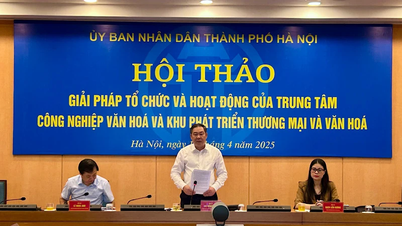



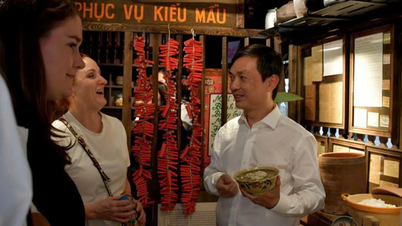



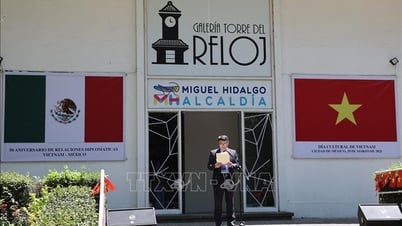

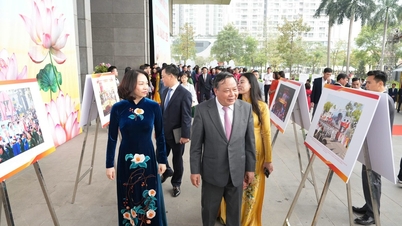

![[Video] Mekong Delta attracts tourists with many unique destinations](https://vphoto.vietnam.vn/thumb/402x226/vietnam/resource/IMAGE/2025/5/17/59630b2596bf44419c0f9ef12b8a47a5)





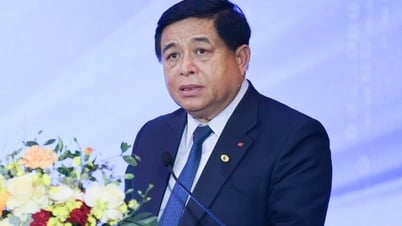

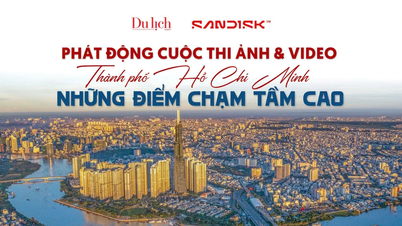




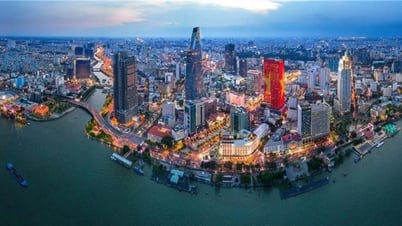
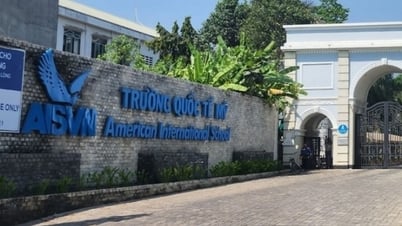
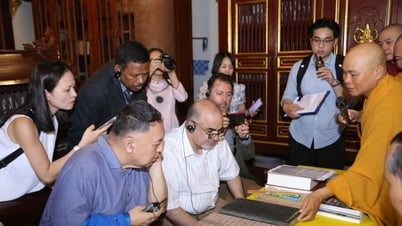
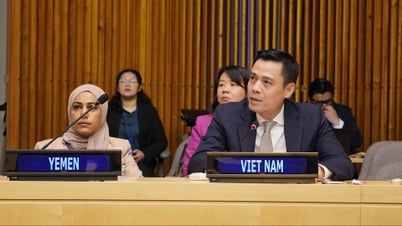
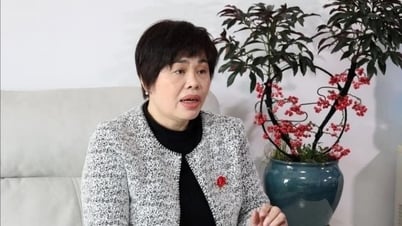















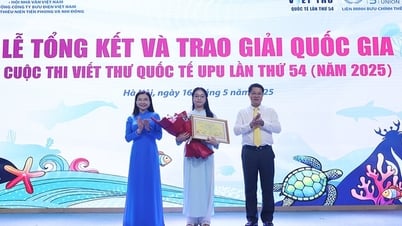

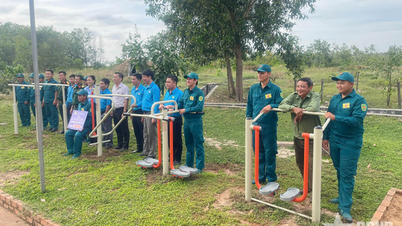

















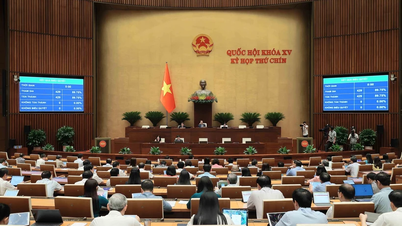








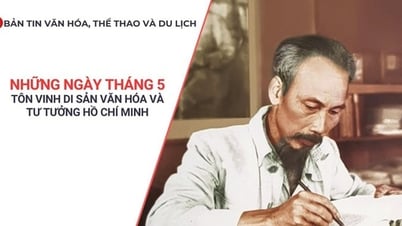

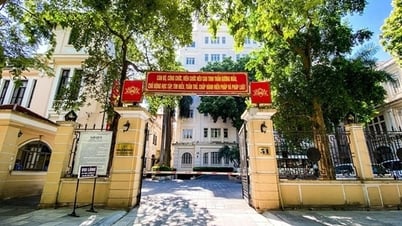


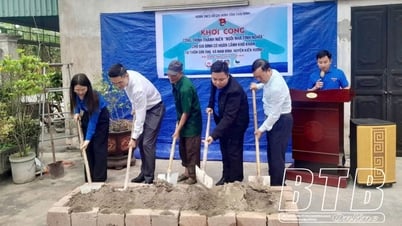



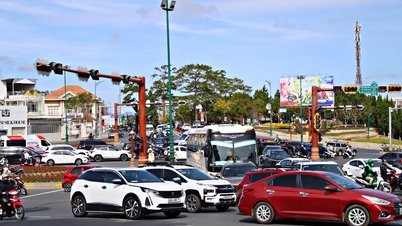

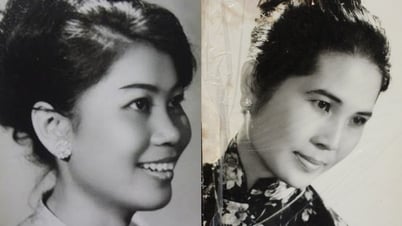

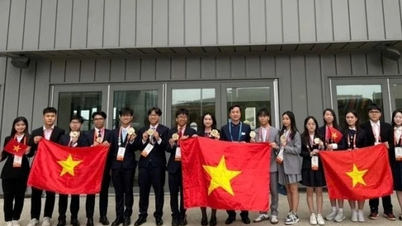

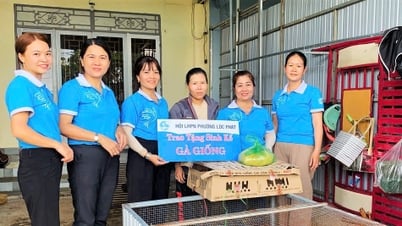











Comment (0)